By Kim Garcia
White Pine Press Poetry Prize Volume 21
Review by Kate Hanson Foster
William Wordsworth wrote in his poem,
“Ode: Intimations of Immortality and Recollections of Early
Childhood” that we are but “trailing clouds of glory…” and
boldly declared, “Heaven lies about us in our infancy!”
Wordsworth believed that children are wise and celestial, and as we
grow we veer further and further from our divine selves. In her
collection, The Brighter House, Kim Garcia suggests the
opposite—that we are not de-spiritualized with age, and instead
describes a personal transition from uneasy earthly child to heavenly
poet. “Who can say what is a blessing?” says the speaker in the
poem, “In the beginning was all the after.” “I am blessed with
curses.” Childhood, for all its pains and progressions, is a
universal human phase we all must go through, and for some, an
innocent child can be exposed to not so innocent circumstances. For
some, as the poet suggests, the “beginning” starts in the
“after.”
The Brighter House contains
poems that ruminate over childhood wounds—most of which are
centered on an abusive father and the psychological imprint left on
his daughters. There are several “Tales of the Sisters” poems
strewn throughout the collection—various scenes of three young
girls: the speaker, one “light sister” and one “dark sister,”
implying that the abuse each withstood had its own individual
impacts.
The poems are rich in metaphor, creating a more sensory experience—a
place where lyrics can do what prose cannot. There is no clear
narrative present, and the reader can only guess the concrete details
in the stories. In “Transfusion, 2p.m.” the speaker describes her
ailing father by saying, “I cannot find in myself a single hard
word against the sturdy weave of sentiment or any human grasping.”
Perhaps this desire for the right word or words could explain the
many reoccurring images in the collection. There are “wriggling
legs” of a child and “wriggling bodies” of frogs—two separate
scenes in two separate poems, both describing a squirming out of
something difficult. Other images frequent the book as well (i.e.
water, darkness, dust, clouds) and yet there isn’t a sense of
redundancy in these familiar words, instead a sort of strategy of
meditation—returning and evaluating the same memories and ideas in
order to travel from dark to light. But what if the mind is a “mind
full of tar…almost solid or suggests a solid, as mercury suggests
steel, and these clouds stones.” (“It’s Simpler) The poet
cannot dwell in this space forever—and admits, “If I were
dying/tomorrow I would be bitter I would/ buy a brighter house. I
would leave bad/memories. I would be the brighter house.”
(“Aubade”) There is acceptance of the events that transpired—a
new awareness and ultimately even forgiveness and peace. The speaker
proclaims, “I am saying yes. Not to death, which isn’t my
business, but to heaven,” implying that heaven is something that
doesn’t have to come after death. There can be a blessed afterlife
following childhood, a spiritual transcendence when you climb the
dark stairs to something lighter—A Wordsworthian might even agree
with that.
About the
Author
Kim Garcia: Kim Garcia is the author of
DRONE, winner of the 2015 Backwaters Prize, Tales of the Sisters,
winner of the 2015 Sow’s Ear Chapbook Contest, and Madonna
Magdalene, released by Turning Point Books in 2006. Garcia teaches
creative writing at Boston College.



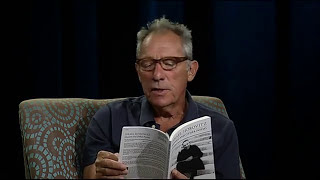





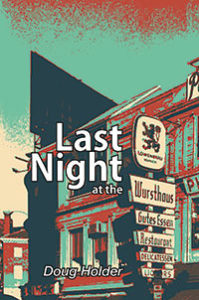



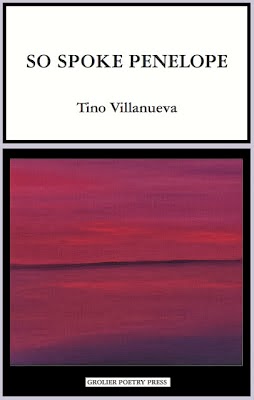
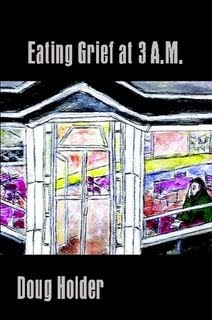

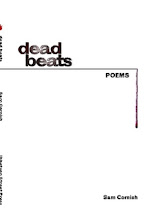










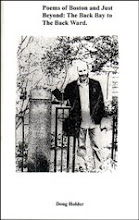
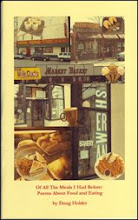




No comments:
Post a Comment